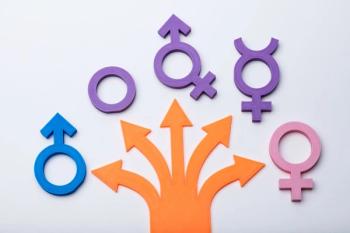
H. Steven Moffic talks transgender patients and Elliot Page's recent announcement.

Dr Moffic is an award-winning psychiatrist who specialized in the cultural and ethical aspects of psychiatry and is now in retirement and retirement as a private pro bono community psychiatrist. A prolific writer and speaker, he has done a weekday column titled “Psychiatric Views on the Daily News” and a weekly video, “Psychiatry & Society,” since the COVID-19 pandemic emerged. He was chosen to receive the 2024 Abraham Halpern Humanitarian Award from the American Association for Social Psychiatry. Previously, he received the Administrative Award in 2016 from the American Psychiatric Association, the one-time designation of being a Hero of Public Psychiatry from the Speaker of the Assembly of the APA in 2002, and the Exemplary Psychiatrist Award from the National Alliance for the Mentally Ill in 1991. He presented the third Rabbi Jeffrey B. Stiffman lecture at Congregation Shaare Emeth in St. Louis on Sunday, May 19, 2024. He is an advocate and activist for mental health issues related to climate instability, physician burnout, and xenophobia. He is now editing the final book in a 4-volume series on religions and psychiatry for Springer: Islamophobia, anti-Semitism, Christianity, and now The Eastern Religions, and Spirituality. He serves on the Editorial Board of Psychiatric Times.

H. Steven Moffic talks transgender patients and Elliot Page's recent announcement.

The field of psychiatry is uniquely suited to address the psychological factors associated with the past year (and what lies ahead).

On the international community psychiatrist.

Maybe you have heard of "is there a doctor in the house?" But now, get ready for "is there a psychiatrist in the COVID-19 task force?"

On the etymology of the "Feinerism."
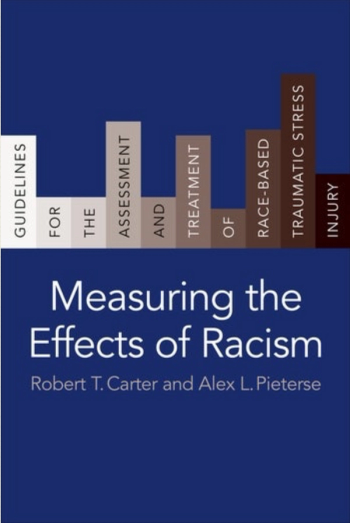
This book provides key tools to help combat racism in the mental health profession.
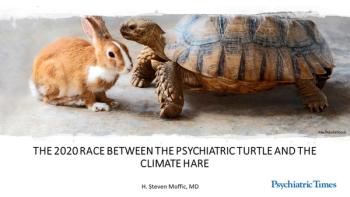
Although our 2020 Presidential race is apparently over, our climate race has no end in sight. Can this race be like the parable where the turtle caught the hare?

Thanksgiving may be a time of stress, but Dr Moffic finds he has a lot to be thankful for.
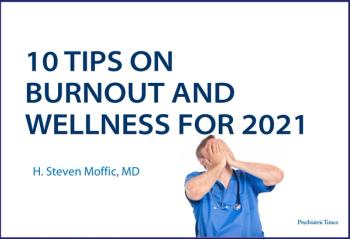
How is burnout affecting mental health workers during the pandemic? How will this affect the upcoming year?

It is now 2 weeks post-election, and it may feel like there is blood in the waters...

Diversity, bringing all our differences to the table, is important, now more than ever.
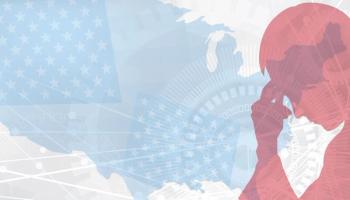
No matter the outcome of the election results, we as a nation need to remember who must ultimately win.

Dr Steven Moffic says it well: COVID-19 Is making almost everyone tense. What can we do about this uncomfortable strain?

Dr Moffic poses queries to the presidential candidates and even does a little singing.
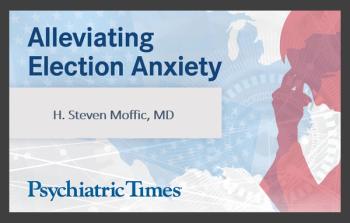
The physical and psychological symptoms of anxiety, such as feeling tense or having trouble concentrating, can be so uncomfortable that they cause behavioral changes. How might these components play out in, say, a Presidential election?
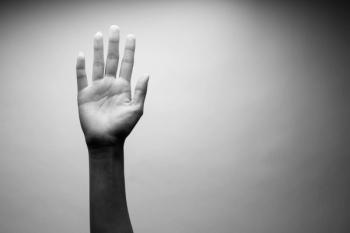
A black fly on the white hair of Vice President Pence: coincidence or symbol? Dr Moffic talks combatting racism, current events, and the infamous fly.

A psychiatrist considers the role of race in American culture, psychiatry, and his own life.
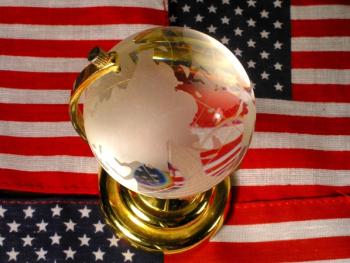
Dr Moffic talks about the impact of current political events on the public's mental health.

With partisan political warfare, civil unrest, and the presidential race, how can mental health professionals assess and address “election anxiety”?

Institutionalized racism is built into the very foundations of medical specialty organizations. The American Academy of Pediatrics recently issued an apology for said racism. Here is why other institutions should follow suit...

Our eulogies remind us of how psychiatrists have worked for the underserved and misunderstood.
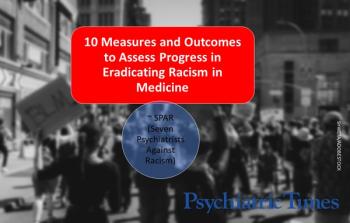
Suggestions to assess outcomes and measure success levels in combatting racism.

At one time, most medical school classes took the Hippocratic oath, but that is no longer the case.

Psychiatrists should be experts at hearing and seeing what is not visible. That is exactly what we need to do to let the sun shine through the racist dust.

Psychological liberty has been constricted as rates of virtually all mental disorders and subclinical problems like racism have been rising in recent years and during the pandemic. But it's not too late.
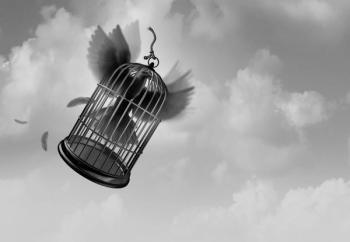
Despite our own burnout, we must strive to be part of the solution. Concern and compassion are the ethical way of the physician.
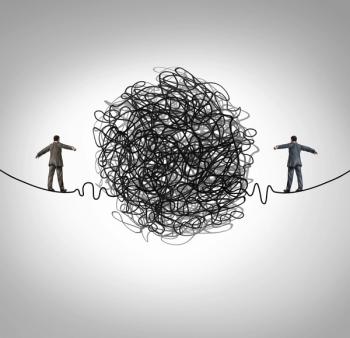
During these challenging times, physicians have to be proactive in helping ourselves. And that starts now.

First, it’s healthy to feel sad and mourn what has been lost, temporarily—or permanently. Then you can move on creatively and find new things.

One was a civil rights activist. Another, a book illustrator on the side. A third practiced medicine for over 70 years. All served as mentors. No one loss is less profound. Their families and psychiatry mourn them.

It might be advisable to bring in psychiatrists to keep the peace and not federal troops.